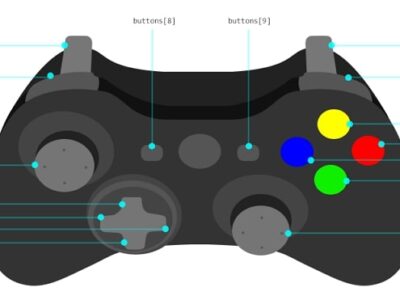A sports broadcaster’s day starts early. They wake up before sunrise to prepare for the big game. First, they check the latest news and updates about the teams playing. They look for any last-minute changes or injuries that might affect the game. This helps them stay on top of things and sound knowledgeable during the broadcast. Next, they review their notes from the previous day. These notes contain important facts and stats about the players and teams. They also review any unique stories or angles they want to discuss during the game.
Arrival at the stadium
The broadcaster arrives at the stadium a few hours before the game starts. They meet with their production team to discuss the day’s plan, including what cameras will be used, what graphics to show, and when to cut to commercials. After the meeting, the broadcaster heads to their booth. They set up their equipment and tested their microphone, ensuring everything worked perfectly. They also chat with other broadcasters and reporters to get any last-minute information.
Pre-game interviews
As game time gets closer, the broadcaster might do some interviews. They talk to coaches, players, or other important people. The broadcaster needs to be quick on their feet and ask good questions.
Showtime
When the game starts, the broadcaster shines. They describe the action on the field clearly and excitingly and share exciting facts about the players and teams. During breaks in the action, they might discuss related topics, such as news from around the league or upcoming games. The broadcaster needs to keep viewers engaged even when there’s no action on the field.
Halftime activities
At halftime, the broadcaster doesn’t get to rest. They often quickly recap the first half, interview a coach or player about the game so far, and preview what to expect in the second half.
Post-game wrap-up
After the final whistle blows, the broadcaster’s job isn’t over. They give a summary of the game and its key moments. They might interview the winning team’s coach or star player. Once they’re off the air, the broadcaster meets with their team again. They talk about what went well and what could be better next time. They also start planning for their next broadcast.
Evening review and preparation
The broadcaster’s day isn’t done at home or in their hotel, but it still needs to be Theych highlights from other games that happened that day. They also start preparing for their next broadcast. This might involve reading articles, watching game footage, or making phone calls to get more information. Despite their busy schedule, broadcasters know they need to get enough rest. A good night’s sleep helps them stay sharp and energetic for the next day’s broadcast. They often travel to different cities for games, so managing their sleep is very important.
Continuous learning
Sports broadcasters always continue learning. They might attend workshops or training sessions to improve their skills. This dedication helps them give viewers the best experience possible. And remember, if you ever miss a game, you can always catch up later on 복구티비.
Technology plays a significant role in a sports broadcaster’s job. They use special software to access stats and information quickly. Sports are unpredictable, and broadcasters need to be ready for anything. A player might get injured, or there could be a long delay in the game. Good broadcasters can handle these situations smoothly.












Comments